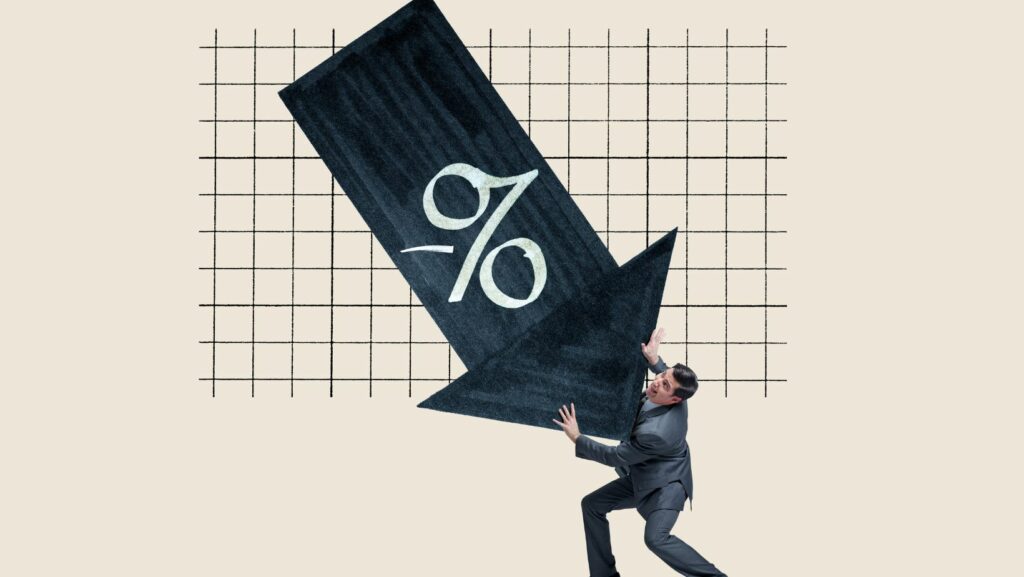Want to save money on your business bills? You’re in the right place. In this guide, you’ll learn how to find the electricity rates for business quickly and easily.
What Are the Electricity Rates for Business?
The best electricity rates for business are those that help you save money while giving you reliable power. These are deals from energy suppliers that charge you the lowest price per kilowatt-hour (kWh). But that’s not all—you also want a plan with no hidden fees and good service.
Let’s make it simple:
- Best rate = lowest cost per unit of energy (kWh)
- Reliable = fewer power outages, good customer support
- Flexible = contracts that match your business needs
Getting the right deal can slash your utility bills by up to 30%. That can mean hundreds or even thousands saved each year. Small businesses in Texas, for example, saved up to $1,200 per year by switching providers in 2022.
Why Electricity Rates Matter So Much for Businesses
Electricity is something every business uses. Lights, computers, machines — they all run on power.
Let’s say your business uses 5,000 kWh per month. If your rate is 15¢ per kWh, your total cost is $750. But if you switch to a supplier offering 10¢ per kWh, you pay only $500. That’s $250 saved each month!
Now, multiply that by 12 months = $3,000 in yearly savings. That’s money you can use for hiring, marketing, or even giving bonuses.
Here’s another example: A bakery in Chicago switched from a standard utility rate to a fixed business rate. They locked in at 8.9¢/kWh, down from 13.2¢/kWh. As a result, they saved nearly $600 a month.
How to Compare Electricity Rates for Business
Don’t just pick the first deal you find. Here’s how to compare:
1. Know Your Current Usage
Start by checking your old electricity bills.
- How many kWh do you use each month?
- When is your usage highest?
If you run a coffee shop, your busiest times may be the morning. If you own a nightclub, power use spikes at night.
This helps you pick a plan that fits your habits.
2. Check the Rate Type
There are different kinds of rates:
- Fixed Rate: You pay the same price per kWh every month. Great if you want a steady bill.
- Variable Rate: The price goes up and down with the market. You might save during low-rate months, but it can also rise.
Example: In 2023, fixed-rate plans helped protect over 60% of small businesses in Pennsylvania from summer price hikes.
3. Compare Contract Terms
Some suppliers try to trick you with early exit fees or long contracts. Watch out!
- Contract length (6, 12, or 24 months)
- Cancellation policies
- Renewal terms
Tip: Go for a shorter contract if you’re unsure. You can always renew later.
4. Ask About Fees and Extras
Some suppliers add fees for late payments, meter readings, or paper bills. Others offer rewards, discounts, or free upgrades.
Always ask:
- Are there hidden fees?
- Do they charge for paper bills?
- Is billing online or offline?
Top Business Electricity Providers in the U.S.
Here are some companies known for great business electricity deals:
Constellation Energy
- Serves businesses in 17 states
- Offers fixed-rate plans and green energy options
- Small businesses report saving up to 20%
Direct Energy
- Known for stable pricing and mobile app tracking
- Offers fixed and variable plans
- Customers like their easy-to-read billing
TXU Energy (Texas residents)
- Great for small and mid-sized businesses
- Offers time-of-use plans (pay less during off-hours)
Tip: Use websites like EnergySage and ChooseEnergy to compare providers in your area.
How to Lock In the Electricity Rate
Follow these simple steps:
- Gather your last 3 bills
- Use a comparison site to shop rates in your ZIP code
- Call at least 2-3 providers and ask for a business quote
- Ask about added fees, contract terms, and customer reviews
- Choose the plan that saves you the most over the long run
Pro Tip: Ask if the provider offers renewable or green energy at no extra cost. Over 40% of U.S. businesses now use some form of green energy to cut costs and appeal to eco-conscious customers.
Common Mistakes to Avoid
Even smart business owners mess up sometimes. Here’s what not to do:
- Don’t ignore the fine print
- Don’t assume all plans are the same
- Don’t wait until your current plan expires (rates may jump!)
- Don’t sign a contract without shopping around first
Real-Life Case Study: Saving Big in a Small Business
Let’s look at Lisa, who owns a small ice cream shop in Houston.

Her average monthly electric bill was $780. She thought this was normal.
After checking her contract, she realized she was on a variable rate plan. She called five different providers and chose one with a fixed rate of 6.8¢ instead of 12.3¢.
Her new monthly bill? Around $420. That’s $4,320 saved a year.
That’s the power of picking the best electricity rate for business.
Should You Switch Now?
Yes — if you haven’t compared rates in the last 12 months.
You might already be overpaying. Even a small drop in price can lead to big savings. Energy experts say many small businesses are locked into high rates because they forget to switch providers.
The best time to switch is often during off-peak months — like spring or fall — when demand (and prices) are lower.
Final Thoughts: Take These Steps Today
Want to start saving right away? Here’s what to do:
- Find your last electricity bill and write down your usage
- Use an online tool or call local providers for quotes
- Compare rates, terms, and fees before choosing a plan
Don’t set it and forget it! Check your rate every year to keep saving.
Your bottom line matters. Lower your energy cost and power up your business profits today.



